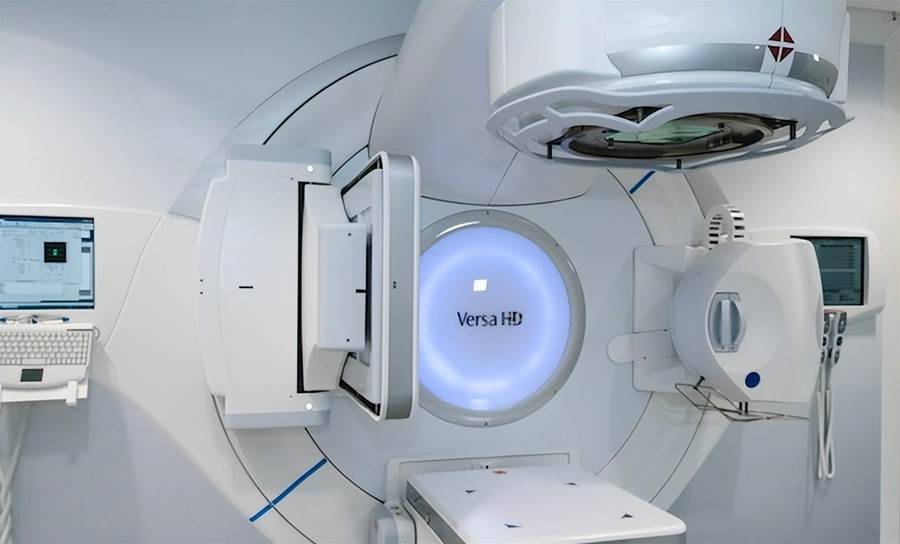
Neoadjuvant therapy for colon cancer, simply put, is a treatment method that gives local radiotherapy, systemic chemotherapy, or a combination of the two to the tumor site before surgical resection of the malignant tumor.
Therefore, there are three subdivisions of preoperative adjuvant therapy, including neoadjuvant radiotherapy, neoadjuvant chemotherapy, and neoadjuvant radiochemotherapy.
1. Advantages of neoadjuvant therapy

1. Reduce tumor size and reduce surgical risks;
2. Treat micro-metastases early and determine the tumor's response to chemotherapy (helping to formulate postoperative treatment plans);
3. Local treatment can be avoided for patients with early progression;
4. When the primary tumor (the tissue or organ where the disease started) or the metastasis (the focus formed by metastasis caused by malignant lesions) is too large to be directly surgically removed, it can relatively reduce the tumor volume, thereby reducing the risk of death.
The clinical staging of tumors increases the chances of surgery for patients with tumors that cannot be directly resected.

It can not only increase the rate of surgical radical cure and improve the resection rate of tumors, but also reduce the local recurrence rate of tumors and better preserve the tissue structure and function of organs;
The article is not finished. Click on the next page to continue.
The article is not finished. Click on the next page to continue.
Next page


















